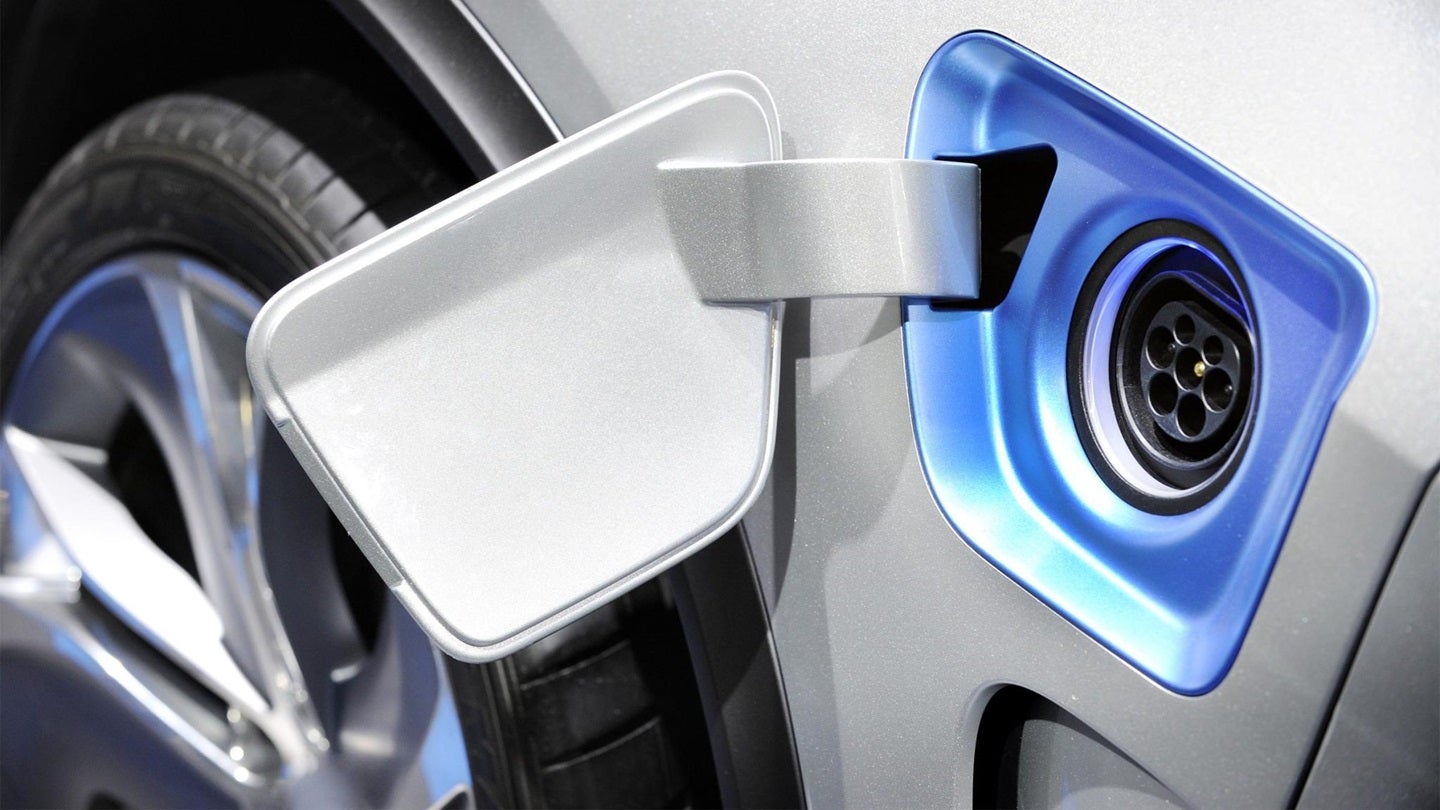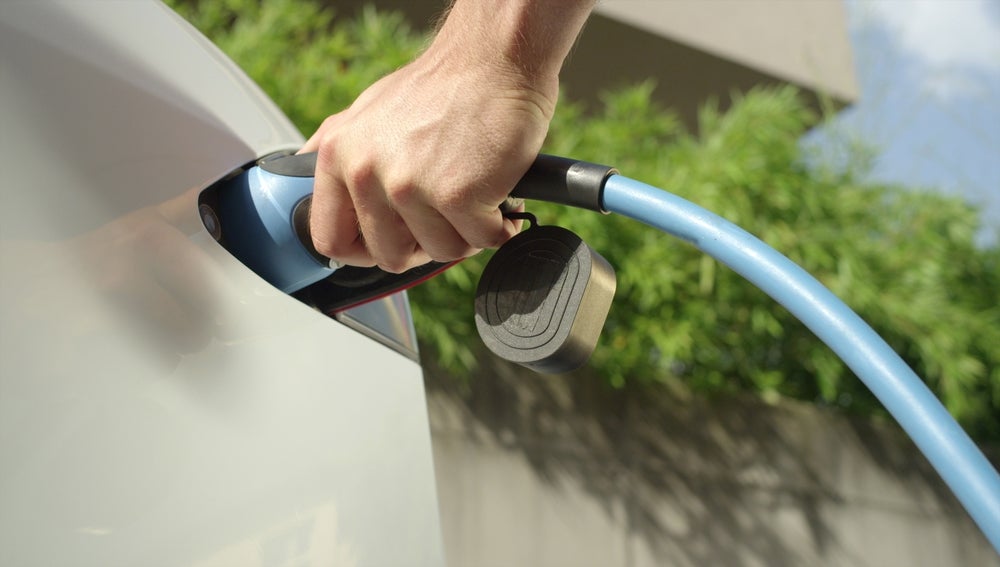
S&P Global has reported a significant downward revision in the EU battery-electric vehicle (BEV) market share forecast for 2025, indicating a potential compliance setback for the EU’s CO₂ emission targets.
The market share is now expected to be 21%, a drop from the 27% previously anticipated in the first half of the year.
This change reflects a worsening outlook for the electric vehicle (EV) market amid shifting economic conditions and poses a challenge for EU manufacturers to meet emission targets.
The recalibration of the BEV market share forecast suggests a stagnating market, which could lead to increased compliance costs for manufacturers.
According to S&P Global, manufacturers may need to pool credits with counterparts in China and the US, potentially directing payments away from the European industry.
This situation has raised concerns in EU capitals, as it impacts the region’s ability to achieve its 2025 CO₂ emission goals.

US Tariffs are shifting - will you react or anticipate?
Don’t let policy changes catch you off guard. Stay proactive with real-time data and expert analysis.
By GlobalDataThe European Automobile Manufacturers’ Association (ACEA) has been vocal about the steep compliance costs linked to the 2025 targets.
These costs are exacerbated by factors such as insufficient charging infrastructure and lack of market stimulus for EVs. ACEA has called for an urgent and comprehensive review of the current approach to address these challenges and to provide cost relief next year.
They also advocate for a faster review of CO₂ standards for both light- and heavy-duty vehicles to maintain the competitiveness of the EU industry.
ACEA Director General Sigrid de Vries said: “The looming crisis necessitates urgent action. All indicators point to a stagnating EU electric vehicle market, at a time when acceleration is needed. Apart from the disproportionate compliance costs for EU manufacturers in 2025, the success of the entire road transport decarbonisation policy is at risk.
“We appreciate that several European Commissioners have emphasised regulatory predictability and stability in their confirmation hearings, but stability can’t be a goal in itself.”
ACEA represents 15 Europe-based car, van, truck, and bus makers, including BMW Group, DAF Trucks, Ferrari, Daimler Truck, Honda Motor Europe, Honda Motor Europe, Hyundai Motor Europe, Iveco Group, Jaguar Land Rover, Mercedes-Benz, Nissan, Renault Group, Toyota Motor Europe, Volkswagen Group, and Volvo Group.







